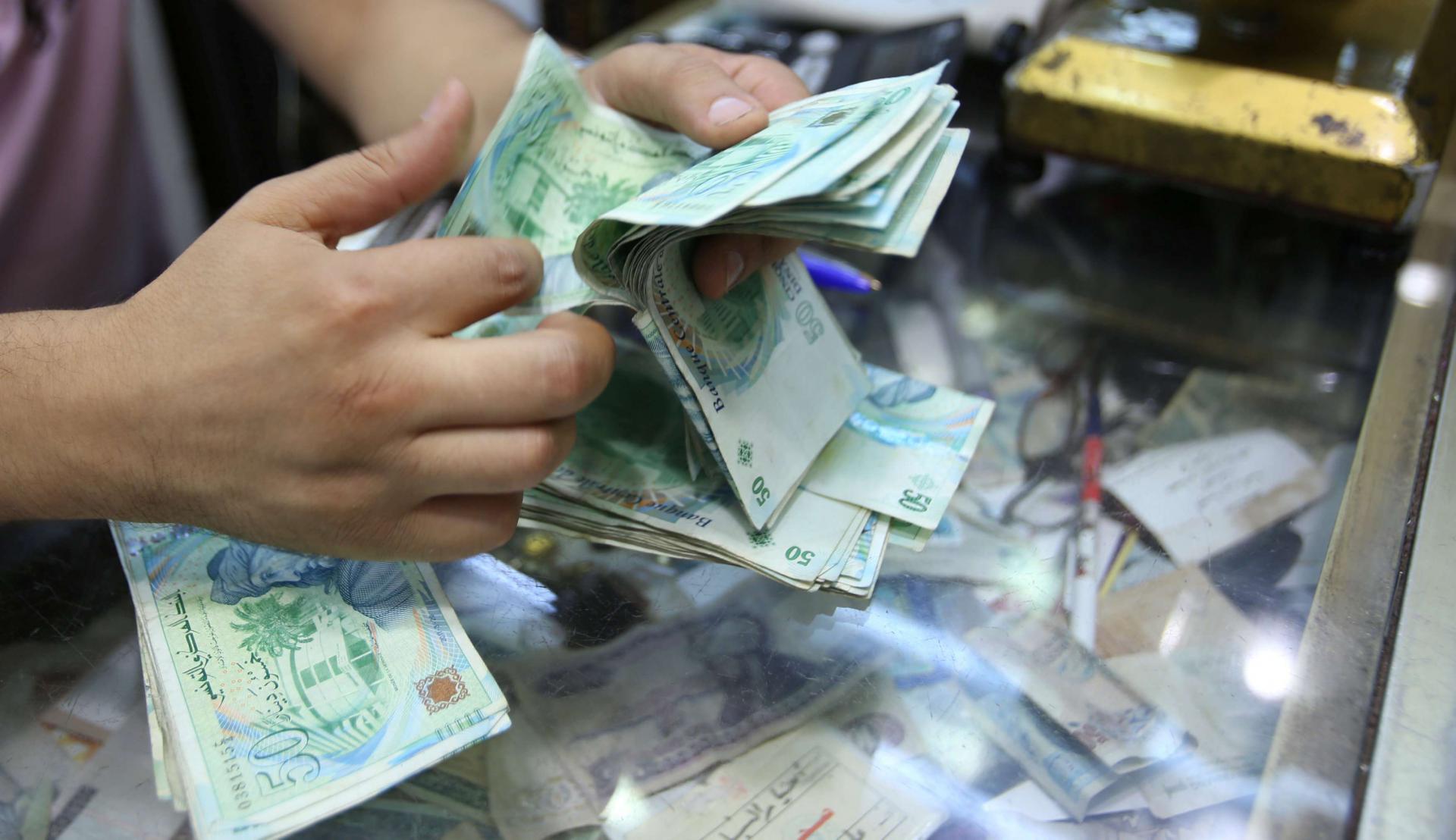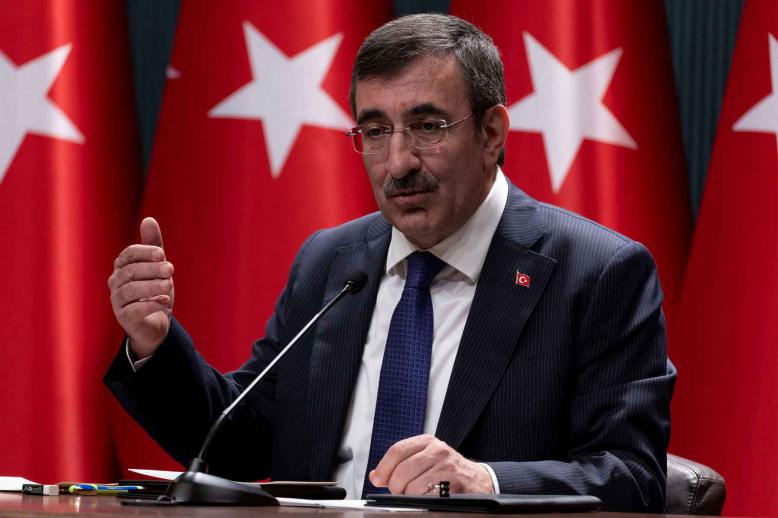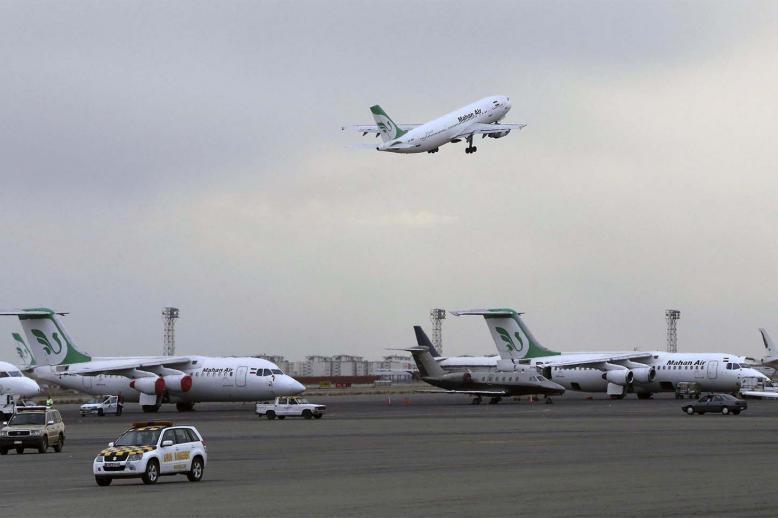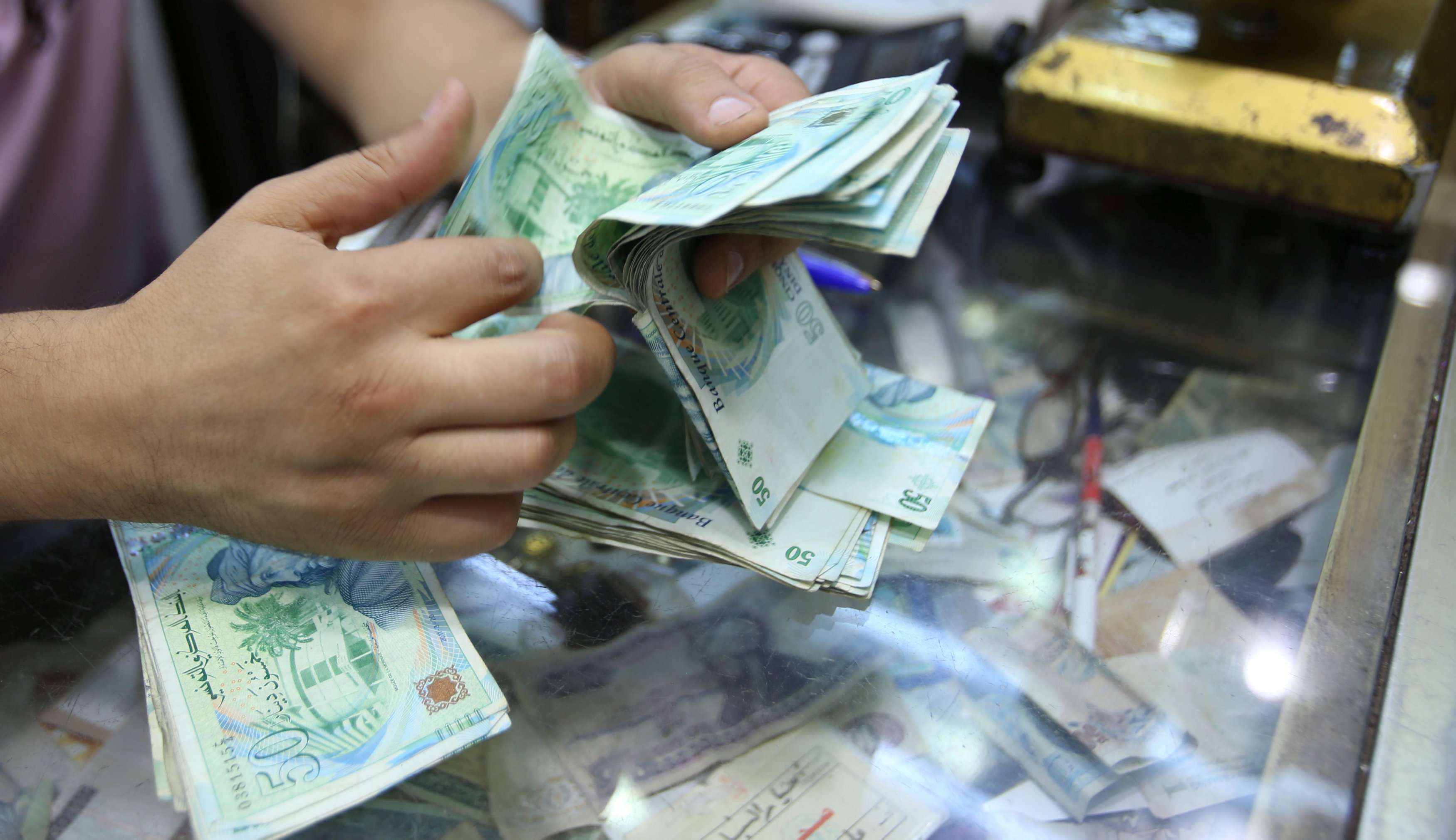Tunisia struggles with scourge of tax evasion
TUNIS - Tunisia’s economic community has been pressuring the government to speed up reforms in the taxation system to curb tax evasion.
Tunisia has been forced to look for sustainable sources of tax revenues to shore up the treasury and cope with worsening financial imbalances. Despite strengthening its tax laws in recent years, revenues continued to drop and regulators have not identified the causes.
This phenomenon was one of the themes of a recent meeting organised by the Tunisian Institute for Strategic Studies, which invited economists to discuss ways to urge companies and business people to pay taxes.
Fadhel Ben Omran, a member of the Tunisian parliament’s Finance Committee, said the large taxation load is one of the main reasons for tax evasion. He pointed out that this burden also leads to a decline in savings levels.
Official tax data show that, for last year, tax revenue collection rates rose to 23%, compared to 19% before the 2011 revolution. That percentage is one of the highest in Africa. However, savings dropped during the same period from 23% to 13%, which prompted Tunisia to resort to external loans to ensure funding of the budget.
Ben Omran said the Tunisian tax system has many shortcomings, including administrative issues and multiple laws. In the last eight years, more than 500 tax measures have been enacted, constraining the business environment and driving away investors.
Tunisia suffers from financial imbalances because of the slow pace of implementing economic reforms, especially with respect to dealing with corruption, due to partisan quotas and the suspicion that powerful business lobbies control the political scene.
Government data state that tax revenues cover more than 60% of the state budget annually, although that rate was reduced in the current budget.
The prime minister’s economic adviser in charge of fiscal reforms, Faisal Derbal, said in February that the volume of tax evasion since 2011 amounted to approximately $8.3 billion.
Finance expert Housam Eddine Taabouri said tax evasion costs Tunisia about $500 million a year — 25% of the funds allocated for development in the current year’s budget.
He stressed that such amounts, if made available, could transform the development landscape in many areas of the country and Tunisian authorities wouldn’t have to search for costly loans and other sources of funding.
He further explained that if the missing funds were allocated to three different governorates each year, the state could improve the infrastructure and public services, in addition to improving development conditions and encouraging investment and job creation.
Improving tax legislation, supporting human resources and providing logistical support for businesses have become more urgent than ever in Tunisia.
Moncef Bouden, former secretary of state in charge of taxation, attributed the lack of fiscal stability to persisting in changing procedures and measures, thus creating a situation of fiscal indiscipline. Bouden said that about 48% of the companies operating in Tunisia do not respect deadlines for submitting financial statements.
“The problem of enforcing the law, especially against tax evaders, can be solved only by beefing up control on the field,” explained Bouden. “It is necessary today to mobilise all human, logistical and informational resources to counter tax evasion.”
Official figures indicate that there are only 1,600 inspectors assigned to the tax authority, one-quarter of whom do not carry out field inspections. This means that 99% of businesses and other economic institutions in Tunisia are not subjected to fiscal control each year.
Taabouri said it was necessary to streamline procedures for tax declaration by digitising transactions to avoid dealing directly with the administration and reduce risks of corruption practices and promote transparency.
Official data indicate that tax revenues had increased significantly since the ousting of former President Zine el-Abidine Ben Ali, reaching $10 billion last year, compared to $4.1 billion in 2010, accounting for the difference in the exchange rate of the Tunisian dinars against the dollar in the two periods. Some experts, however, said the increase was not driven by economic growth but by inflation.
The Arab Regional Tax Forum has urged Middle Eastern and North African governments, including Tunisia, to correct tax application programmes.
Riadh Bouazza is a Tunisian writer.
This article was originally published in The Arab Weekly.







